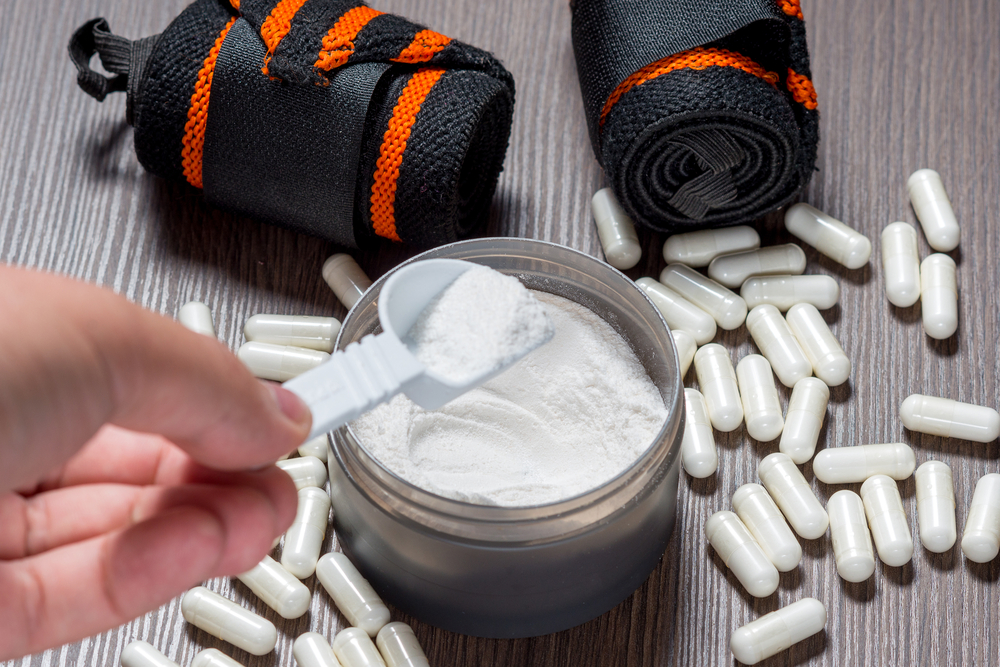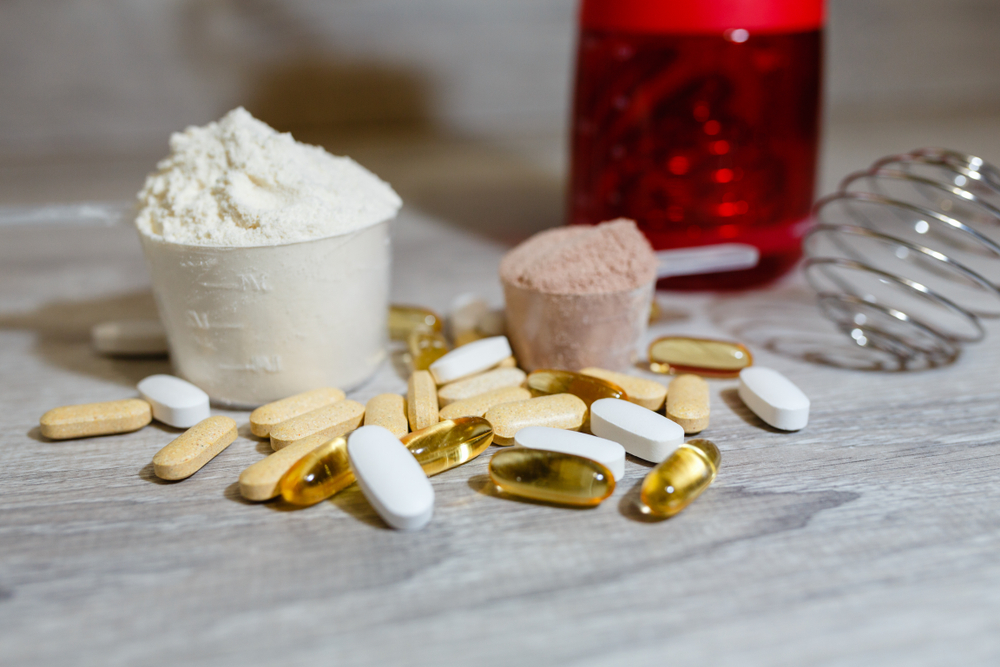Training is a tremendous burden and stress for the body. During, our body is in a state of catabolism, so the time after intensive physical exercise is extremely important. In less than an hour (it’s assumed to be about 45 minutes), since the end of activity, our body goes from catabolism (disintegration) to anabolic processes (synthesis). These include the regeneration of muscle fibre microsomes, the replenishment of glycogen stores, and the elimination of unnecessary substances that have been produced as a side effect of training. Taking that into consideration, the importance of adequate nutrition and supplementation in this sensitive time span cannot be overestimated. Only a good plan and the right supplements will help us turn the effort into success and the decomposition process - to build muscle mass.
What to supplement after the workout? BCAA!
Leucine, isoleucine and valine - the great trinity of essential branched amino acids that form the basis of the BCAA composition. They are the basic building blocks of protein. Without them, we will not be able to build up even a gram of muscle mass. At the same time, they belong to exogenous amino acids, which we cannot produce on our own - we must rely on external sources for our supply, such as food or supplements. Providing adequate amounts of leucine, valine and isoleucine from the diet can be quite a challenge, so athletes often decide to supplement with BCAA.
BCAA taken immediately after training generates a lot of benefits:
- Increases absorption of other supplements,
- Supports the process of reducing body fat,
- It helps build lean muscle mass,
- Protects muscle fibres from degeneration,
- The latest research proves that it is also responsible for the strength progression!
Many professional athletes take BCAA during or immediately after training. We are also very fond of this method. Thanks to this, we can protect the muscle fibres from the start, supplement them to nourish and regenerate. Also, taking BCAA before the training guarantees a number of positive effects. However, comparing these two methods - we stick to the first one! Remember, however, that each body is different and responds differently to specific situations and supplements. Do not just take our opinion - check out what works best for your body and will guarantee you the fastest results.

Protein
We are not going to write about how important an ingredient in a diet is. We assume that it is obvious to you that protein is essential for building muscles and maintaining a good body. The supplementary industry abounds in all sorts of protein additions - supplements, bars, drinks, etc., so we can take make sure we get the right supply of protein even when we do not have time to prepare a balanced meal.
We adhere to the principle that every moment on protein intake is good, but the best time to do it is after the workout. The body after the workout is hungry for protein and carbohydrates. Not all of us, just after intensive effort, are able to eat a meal. And here comes the survival benefit of a protein supplement or gainer, which, besides protein, will also provide us with coals.
By supplementing the protein after training, we guarantee better recovery, increased insulin secretion (which has an anabolic effect) and regeneration of damaged muscle fibres.

Carbohydrates
The "carbohydrate window" is about an hour after the end of the workout, in which we should supplement the energy supply. Physical exercise deprives us glycogen stored in the muscle, so it is worth using carbo or other easily digestible carbohydrates to ensure that their level return to normal. In addition, if we deliver the carbs immediately after training, we will avoid feelings fatigued which may occur later. This is especially important if we train in the morning and still have a full day of work later.
Is it worth to reach for creatine?
In short - YES! Creatine, taken immediately after the workout will help us:
- Reduce the risk of inflammation,
- Increase ATP level,
- Building muscle mass (and preventing muscle fibre breakdown),
- regeneration,
- reduce the amount of lactic acid,
- keeping anabolic processes going.
Keep in mind that creatine is the most comprehensive and widely reviewed supplement available on the market. Over the last 30 years, a great many medical studies have been conducted, and our results confirm our beneficial effect on strength, performance, and muscle quality.








One Comment